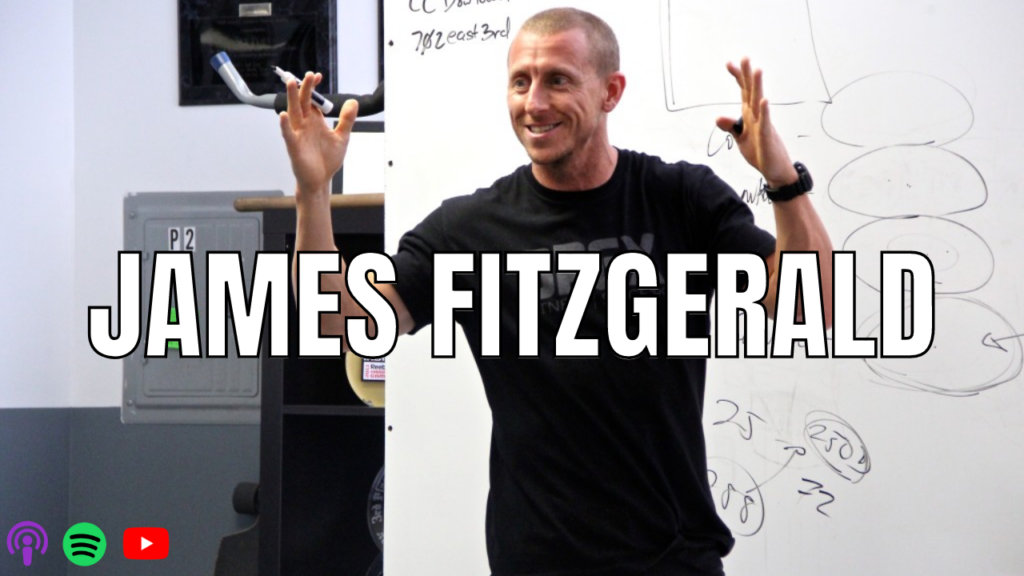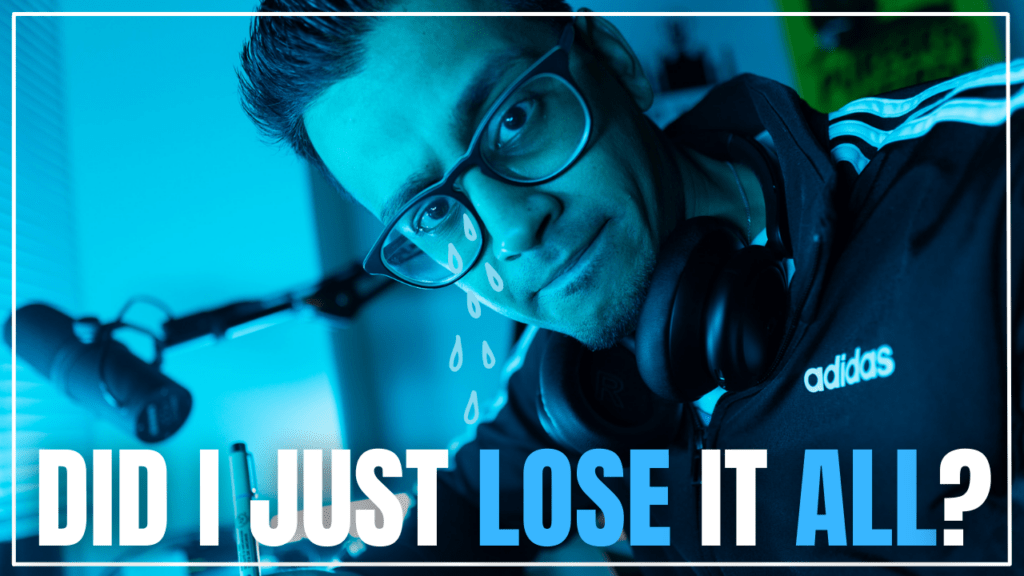Bite-sized action items to go from dreaming to streaming your podcast.
Transcript:
Hey Misbah Haque here and in this video, I want to talk to anybody who has found themselves in a apters, and then it just sits on your nightstand, you never really have time to read it. And you never really purchase any other books because you’re stuck on this last one. Or if you do purchase another book, you feel guilty about the fact that you haven’t finished your last one. And so there’s this experiment that I tried back in 2015. And it was only for about 6070 days or so. But it really changed the way that I look at reading, it definitely made me hate it less. And it created a relationship where I saw it as a tool, not something that I had to do. And so now I wanted to see what would happen if I get to design my own reading list my own curriculum, and I started kind of talking about some of the books that I was reading, and people resonated with it on my older podcasts, I created this reading list where people would come and DM me and they’d be like, hey, what book do you recommend?
And then I’m like, that’s such a vague question like, What are you looking to get out of it, it was time to circle back and share how I do this, because I’ve been hesitant to share the strategy because it’s a little weird. And you may not use it exactly as I do it. But I do think it can open up your view of how you can utilize reading. So basically, for those 60 to 70 days, what I did was I tried to read a different book every single day. And this does not mean that I read the entire thing. So I wanted to train myself to read faster for sure. But I also wanted to get used to the idea of finding a gym and being satisfied with moving on from that book. And it will give me time to be like how do I implement this almost immediately. Now I’ve read all sorts of books, stuff that were biographies to self-help books, things of that nature. And I’m going to share how I read this book, I feel like it’s going to make some people angry, let me pick a random book off the shelf, and I’ll show you that process.
I’m gonna go with the Daily Laws because I really enjoy this one. It’s basically Robert Greene, who’s a wonderful writer. He’s known for doing tons and tons of research on his books, and they’re very dense. And I have tried reading some of his other stuff. And honestly, I wasn’t able to get through it until I discovered this, which is really the best of the best the highlight reel and a condensed version basically designed for each day, which also shows you his writing skills of taking these complex ideas and distilling them down into like 500 to 1000 words. So let me show you exactly how I would read this book because most people would get this and they would open it up. And basically, there’s like, okay, January 12, you’d go to whatever the date is today. And you would either open up to the date that you’re currently on, because it’s kind of designed that way, or you would start at the beginning. And you’d be like, Okay, I’m just going to do one chapter a day, or whatever it is. But the way that I went into this book is I first opened up the table of contents. And usually, this does a good job of convincing me that I should continue on and read this book.
So the Table of Contents will give me a preview for what I’m excited about. It’d be like, do I want to start the first chapter? Or do I want to jump to something else that is more relevant for me right now? So for example, let’s say the grand strategist rising out of tactical health, this is page 303 designed for September, and I’m pretty sure after I did read the first one, which was your life’s task planning the seeds for mastery, which was pages like seven through 45, I moved on to the grand strategist because that title was appealing to me a headline was like a feels right, it resonates with the problem I’m trying to solve. It doesn’t just feel like aimless reading, I might actually do something with what I find in this chapter. Now the next thing that I would typically do, and you’re going to hate this part, but sometimes it is going to read the very end of the book. And I know for those of you who really like to follow things in order, it’s you don’t have to try this version. But I encourage you with books you don’t care about as much just to like go into it and see what that strategy does for you.
Because there is something about seeing how it ends, and then being able to jump around in the middle to see what is interesting. Now this strategy of jumping around and bouncing around from chapter to chapter isn’t something that I would do for every single book, there are ones where if the writer does a great job of keeping me moving after that first chapter, I’ll go into the second one, giving yourself that freedom to move on, I think is the best thing that you can do. Because if you don’t do that, the alternative is you get stuck. You don’t really get your use out of the book.
Think about how much you paid for it. This doesn’t have the price on it. But let’s say it was $20 or something like that. What’s going to be the one idea that’s worth $20 or more for me, and that was my aim to figure out every day that I read a different book for like 60 or 70 days. It was finding one main idea out of stuff that I remember Jerry Weintraub like I’ll stop talking when I’m dead or something like that, you know, he was in showbusiness. And it was very interesting for me to hear his life’s work, there were so many parts that were not relevant to me as maybe a 19-year-old or 20-year-old at the time, but I was like a hunter for ideas. And it didn’t have to apply to me right away, it could be an idea that I would use years later. But I would make sure that if I had discovered an idea in the book that I wanted to take a picture of, or I wanted to write that quote down into my notes and save it somewhere that to me was the win for that book, that book had served my purpose, I found that that strategy versus being like, I got this one book, I’m in the middle of it, I’m gonna read it for the next year, time kind of gets away from you, you don’t really get a chance to finish the book ever.
And I feel like you miss out on so many other amazing books that are out there. And so instead of being stuck on a book that you’re not excited about, and therefore you don’t really take action on some of that stuff. You focus on the ideas in the books and the stories that are actually going to motivate and inspire you to implement that stuff to help further your goals. That’s usually why we’re buying a book when I bought this book, I saw a certain transformation I saw this will be motivation for me every day, I love Robert Greene’s work, I will also get a chance to learn of good writing, I realized that instead of being like I have finished the whole book being okay with reading a couple of pages, and if those couple pages contain two sentences that could change the course of your week, your next couple of months, your next couple of years lands you your dream job. And wouldn’t you want to catalogue that? Wouldn’t you want to discover that? And I just think that if we wait and we go in order, and we follow the usual way of doing it, it’s very tough to get through it. Let me know what you think of this strategy that might not work for you.
But it may have allowed you to think how you like to read and if it did that, I’m really happy that you watch this video. So thanks for hanging out and I’ll talk to you soon.
👋🏽 Connect with me:
Instagram: https://geni.us/47aaVnp
Website: https://geni.us/WkASS
YouTube: https://geni.us/R7LcmgA
YT Channel for Clips: https://geni.us/soGP



